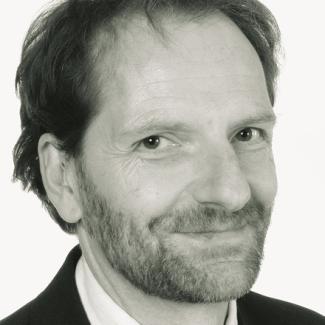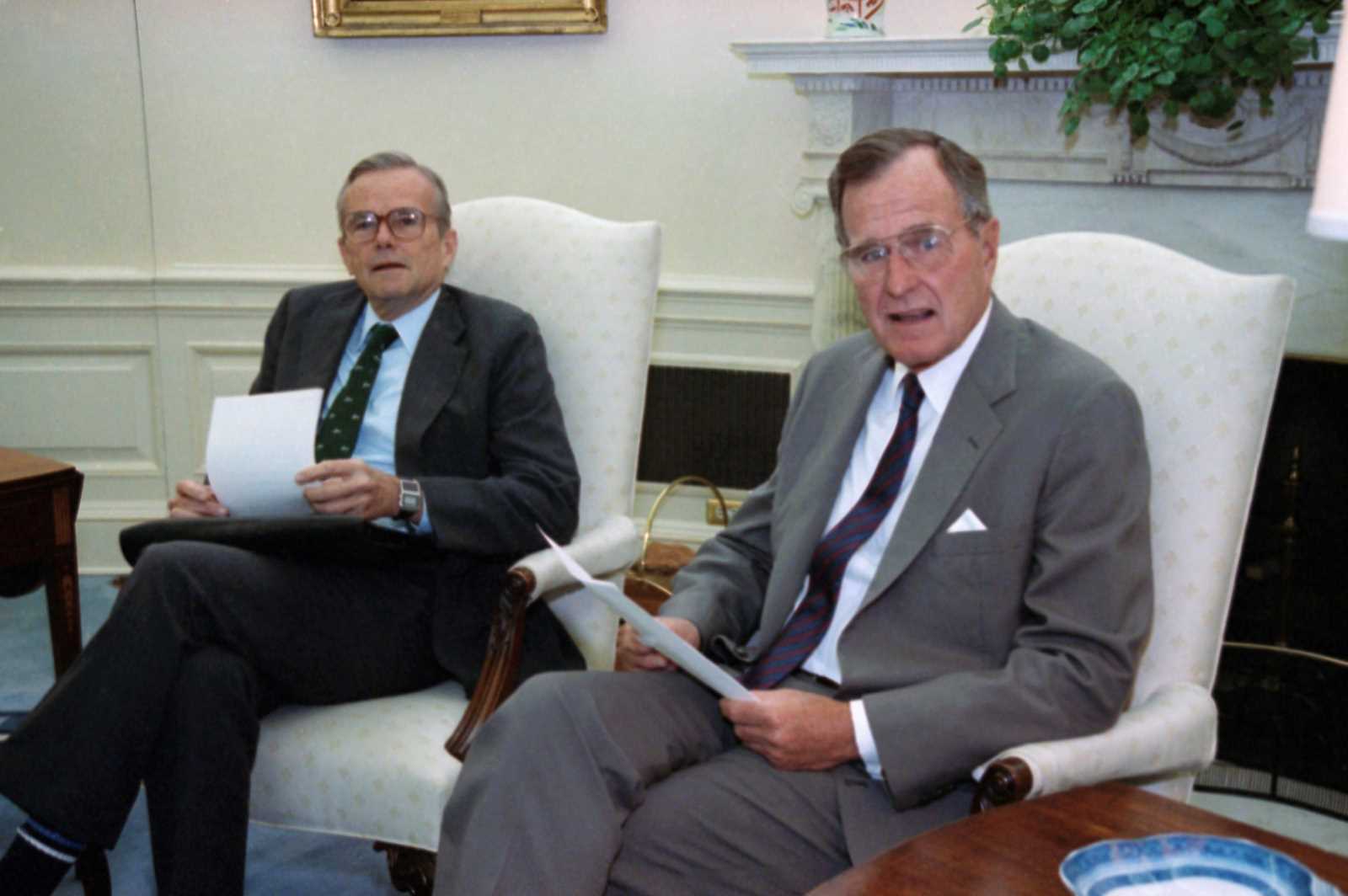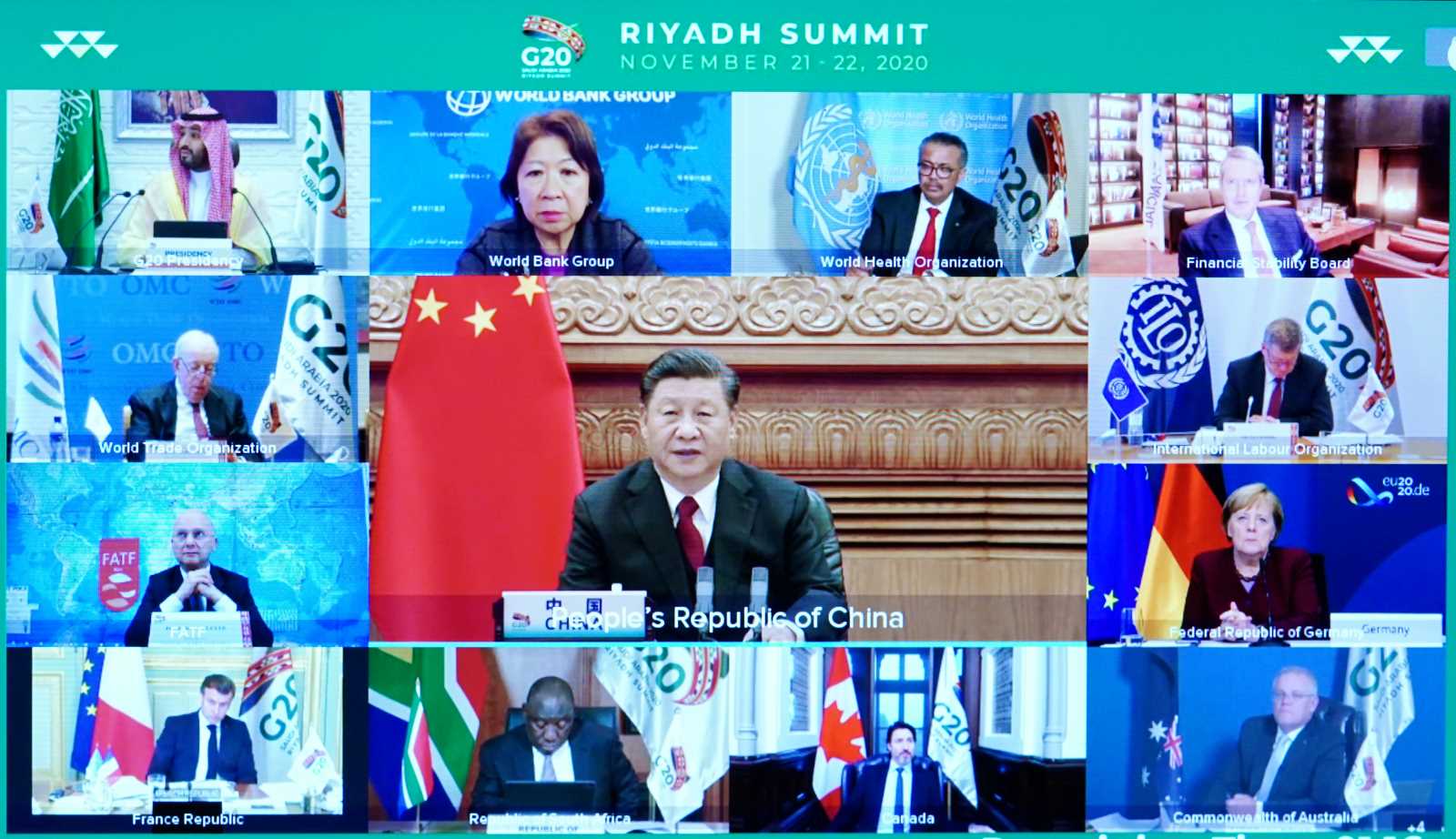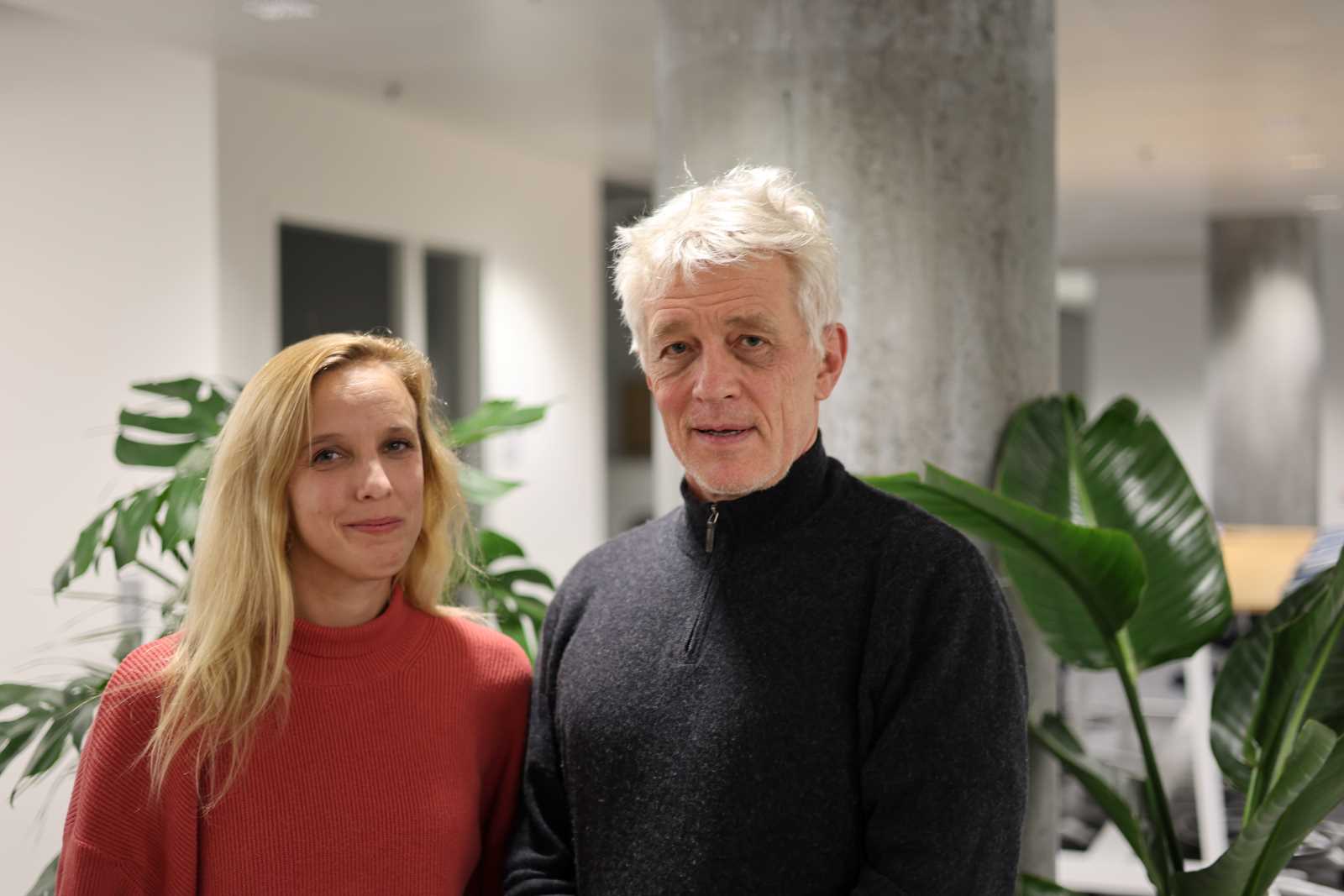Multilateral institution
What the World Bank must do better
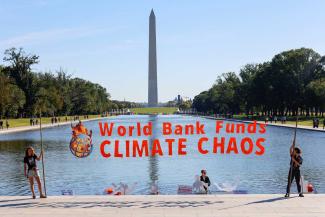
US President Joe Biden’s approach to economic affairs is much more interventionist than what we have seen in the past 40 years. The EU and its member countries also endorse a stronger role of the state. What does the deviation from market-orthodox ideology mean for international cooperation?
I’ll try to explain, keeping it brief. From the 1980s on, market orthodoxy was indeed the international paradigm. The examples were set by Ronald Reagan in the USA and Margaret Thatcher in Britain. Germany and other EU members adopted similar, but less radical approaches, typically maintaining stronger social-protection systems. In both Europe and North America, agriculture remained heavily subsidised moreover, so free-market ideology was not implemented with complete coherence at the domestic level. Nonetheless, it did inspire the rules for international cooperation, especially after the fall of the Berlin Wall. In the context of the World Bank and the International Monetary Fund (IMF), we spoke of the Washington Consensus. I’d roughly summarise it as follows: if and when a government ensures macroeconomic stability by keeping inflation low, budgeting prudently and at the same time liberalising the economy, economic growth will follow, and it will lead to broad-based prosperity. In the past 15 years or so, we have largely stopped referring to the Washington Consensus, but we lack a new paradigm.
What was wrong with the Washington Consensus?
The big challenge is that the international community is facing several serious and overlapping crises that must be addressed. Examples include not only the global financial crisis of 2008 and its long-lasting repercussions, which include today’s high interest rates, banking turmoil and increasing debt distress in many low and middle income countries. We also are experiencing an unprecedented climate and biodiversity crisis. Besides, inequality of income and wealth within most countries is on the rise. Moreover, the Covid-19 pandemic has compounded problems. As a consequence, the role of governments in the economy and the relationship between governments and the private sector has fundamentally changed. Market forces on their own do not provide solutions. We need a new understanding of how the private and the public sector should work together – and how governments provide guidance. The World Bank must play a leading role here.
So the idea is no longer that governments should get out of the way of free enterprise, but actually set the stage for the kind of market competition that will deliver the right results?
Yes, you can put it that way, but it is easier said than done. There is no blueprint that would fit every country, so it is difficult to spell out what exactly the World Bank should do. What is clear however is, that we need a close co-operation between governments and the private sector. Let us look at the global “Energiewende”. We need the private sector to invest massively in renewable energy provision. In order to make that happen, we need strong governments to provide complementary public infrastructure (such as for grid integration) and to provide the appropriate regulatory environments (like feed-in tariff systems). The role of the World Bank is to help countries in that respect, in particular with comprehensive policy-based programmes. Germany has asked the Bank to set up such programmes for a number of key countries. However, this is progressing too slowly.
What is holding back the World Bank?
One problem is that the bank is focused to much on individual projects rather than systemic change. Moreover, it does not pay sufficient attention to global challenges that transcend national borders. In its efforts, so-called global public goods must matter more. Consider tropical forests, for example. Humanity as a whole has an interest in their protection, but tropical countries do not have sufficiently strong incentives to do that. At the local level, extending agriculture and over-exploiting forest resources often look more attractive. To set the right incentives, the World Bank could offer national governments more and/or cheaper loans. For that to happen, it has to modify its operational policies and approaches as well as its research. Financing solutions to global challenges needs to become part of the Bank’s DNA.
Please explain your point on research.
Research is the foundation for the World Bank’s policy decisions. If the foundation is not solid, neither will be the implemented policy. In my eyes, the Bank’s research department can do better in that respect. As an example, we have been urging it for years to include climate risks in its economic assessments, but that is barely happening. It has also not addressed appropriately the dramatically growing inequality within most developing countries and their implications for social cohesion and stability. As long as the World Bank research department does not consider reality as it is, we cannot expect it to result in appropriate policy recommendations.
Your criticism of World Bank research coincides closely with what Iwan J. Azis, an Indonesian economics professor, recently told me about IMF research.
The difference is that the IMF is a much more monolithic institution. They have a corporate view on all important issues. In contrast, the World Bank lets a thousand (research) flowers bloom, whereby the research department represents the economic orthodoxy while other parts of the Bank provide all kinds of other views. This is somehow an asset in terms of creativity, but it does not help in terms of clarity and rigidity.
Do you want the World Bank to become a climate bank?
I do not think that this is the core issue. The World Bank should stay a development bank. But it should fully absorb the new realities, such as global warming, biodiversity crisis and social exclusion. It should reconcile these objectives with its focus on poverty and inclusive prosperity.
How does official development assistance (ODA) relate to climate finance? High-income countries are not living up to their decades-old ODA pledges of spending 0.7 % of gross national income. They are not fulfilling climate-finance promises either.
This is a tricky issue. I do not believe that silo-thinking is helpful. It doesn’t make sense to have separate pots for development and climate action. Clean energy infrastructure serves both purposes, and so does the sustainable transformation of agriculture. The list goes on. The overlap is huge. We call that co-benefits.
But climate finance is supposed to come on top of ODA. Would it make sense to increase the ODA pledge to something like 1.2 % or so?
It would, but I’m not sure it is feasible. The German public would perhaps support it if we told them that the additional money is being used to climate-proof the planet, and we have been fulfilling the 0.7 % promise for the last years. However, many prosperous nations have not, and they are unlikely to accept any new binding commitment. Besides, it is not only about ODA. Rich countries can also help by adjusting their own domestic policies, e.g. by granting better market access for developing countries’ exports.
How do you assess the escalating sovereign-debt crises in various low and middle income countries?
The situation is very serious and complex. Firstly, loans handed out by China and, to a lesser extent, by other emerging markets account for a substantial share of the debt. Secondly, private creditors have become very important too. The challenge is to bring all those parties on board. The good news is that we have the G20 Common Framework on Debt Treatment, so there is a principle agreement on how to react. The bad news is that it has not delivered sufficiently convincing results yet. The IMF and the World Bank have made very useful recommendations how to make the Common Framework more efficient.
China seems to be very reluctant to forgive any debt. At the same time, its diplomats are adept at pointing out western shortcomings. What is your response?
China has adopted the Common Framework. Now they must also implement it consistently and efficiently – and increase debt transparency. And we all have to increase our efforts ensuring equal treatment by private creditors. Therefore, BMZ has commissioned a study on options how to avoid that individual private creditors block debt rescheduling.
It has become common to bash China in western media, but I think some of its loans that help developing countries build infrastructure are actually quite useful. I see why China wants to avoid bearing the brunt of debt relief.
Well, the burden must be shared fairly. I agree that China has already shared some burden such as under the G20 debt standstill initiative (DSSI). But given the dire situation in many countries, debt restructuring may also entail real debt relief. Besides, we cannot afford longish processes. It would further put development gains at risk, provoke social and political instability and would at the end be much more costly.
Would it help to tell China that the Asian Infrastructure Investment Bank, the Beijing-based multilateral institution, will be treated like the World Bank, so it will not have to forgive debt?
In our eyes, it is an equivalent institution which is treated in the same way. Some actually argue that both should forgive debt. I disagree. The multilateral development banks (MDBs) have deliberately been provided so-called preferred creditor status. This is to protect their AAA rating which allows them to refinance relatively cheaply on international capital markets. If this were put at risk, the developing countries would suffer – especially in times of crises, when we need the MDBs’ liquidity for anti-cyclical investments. MDBs would be forced to reduce their lending and to charge more for their loans. But the contrary is needed. MDBs must increase lending to achieve the SDGs and to finance the global transformation.
And in the case of the World Bank, that also means mobilising more private capital for sustainable-development purposes?
Yes, the World Bank must help partner countries to attract private investors. Setting up wind and solar power facilities, is the job of private companies, in particular given the very low and decreasing costs of renewable energy generation. But they need appropriate regulatory standards, reasonable feed-in tariffs, legal security, skilled staff for grid management and complementary public infrastructure.
Jürgen Zattler is director-general at Germany’s Federal Ministry for Economic Cooperation and Development (BMZ) and previously served as Germany’s executive director at the World Bank.
www.bmz.de
